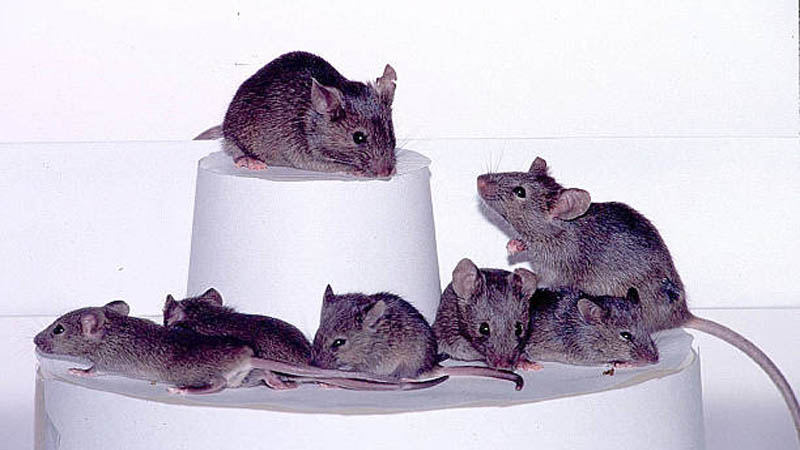
Stop Mice in Their Tracks with These Genius DIY Natural Deterrents
As the winter months approach, mice are more likely to invade homes in search of food and warmth. Rather than resorting to toxic poisons or harmful deterrents, try these natural DIY techniques to keep rodents at bay. Pest control experts at Purcorpest recommend using kitty litter as a natural mouse repellent.
They explained: “Cat urine, while not the most appealing remedy, can warn mice off when used in the form of used kitty litter. Placement is key—for the mice and for you! Place in discrete locations around rodent entry points.” Cats, being natural predators of mice, leave behind a scent that signals danger, encouraging the rodents to find a safer place to nest.
If you don’t own a cat or prefer not to use kitty litter around your home, another option is peppermint oil. Mice have extremely sensitive noses and find the scent of peppermint overwhelming. The expert advised: “Essential oils are a great natural repellent for pests, and mice agree! Roll or spray peppermint oil along baseboards or points of entry.”
For best results, soak cotton balls in peppermint oil and place them around areas with high mouse activity, such as under sinks, inside wardrobes, or underneath beds. Apple cider vinegar is another alternative that can be used to deter mice. Simply dilute it with water and spray it around your home to ward off rodents.
The strong scent of vinegar is unpleasant for mice, making it a useful natural repellent. One of the most effective methods to keep mice out is by using steel wool. This tough material blocks entry points that mice may try to chew through.
“This is our favorite method of all, and the most reliable. Mice and rodents aren’t able to chew through the tough material,” the expert stated. To use this method, place steel wool in any crevices, cracks, or holes in your home, securing it with strong wood or metal adhesive to keep it in place.
While these natural deterrents can help manage a small number of mice, they may not be sufficient for a full-scale infestation. If you suspect a larger problem, it’s best to call in a professional pest control service for a more effective solution.
